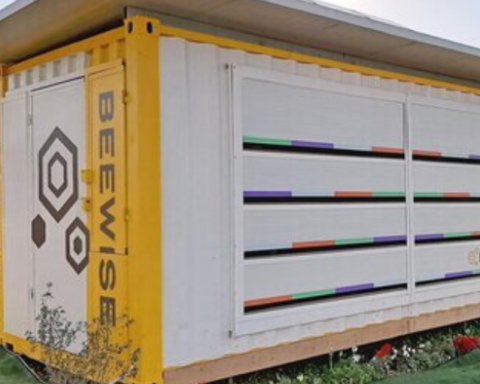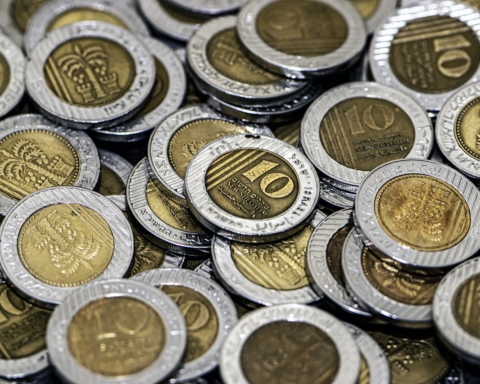By 2050, the demand for rice is expected to increase by 70%. Today, rice is grown in rice paddies, known for becoming flooded. The way rice is grown today not only adds toxic chemicals such as arsenic but also wastes water, a most precious resource. For the last ten years, Netafim, Israel’s largest drip irrigation system, has been working on a product to create a solution. Today, the rice irrigation system is being outsourced globally, helping to reduce the chemicals, water, and overall large carbon footprint created in the production of rice.

Roei Yanai, head of crops and sustainability at Netafim, states that “A 10% methane contribution — and that’s a conservative estimate — is equivalent to the carbon footprint of the entire aviation industry for one day, or of 400 million cars over a year. Paddies are a huge carbon polluter and our drip system can lead to a massive change in global warming gases and emissions.”
Countries like Turkey, Italy, and India have picked up the system, mostly in small doses. However, it’s still a step towards more sustainable changes. Netafim has also developed a hand-holding program, to teach and facilitate farmers in how best to utilize the system. The big vision is to enable serving the world’s rapid population growth while also managing resources sustainably.
Yanai says “When water becomes a thing and the population is predicted to hit 9 billion and people begin to worry whether we’re climate resistant enough, whether our food system will be resilient enough to cope with changes in rain patterns, they’ll ask ‘Can we afford a crop that uses 5,000 liters of water for a kilogram of yield?’ This has become a discussion. People are looking for solutions.”








